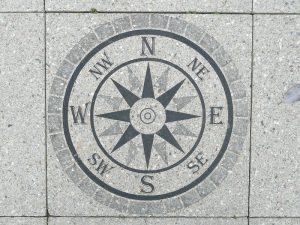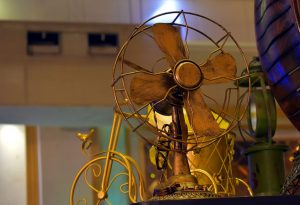 I love his word, though it can be grisly when not used metaphorically.
I love his word, though it can be grisly when not used metaphorically.
Dan Strohl, my editor at Hemmings Daily, recently pleaded with readers not to excoriate him about a post he made, at least until they read the text. That’s the old-car hobby for you. You can be skinned alive for suggesting, as Dan did, that modern car batteries can be safely stored on a concrete floor without danger of draining them. He avoided flaying, because he provided good reasons.
So, to our word and a way to employ it metaphorically.
Fall, itself a metaphor. Autumn, if you prefer (as I do). If you are what expert of written style Joseph Glaser calls a “Creative Genius” who overwrites everything, you might even say, “Break, heart! Through yonder window, I swoon with despair as the autumnal, rude winds of Boreas excoriate the fair trees of summer!”
Huh? This latinate term has a gory origin, hence my photo of bare and soon-to-be leafless trees, not flayed carcasses. Because as I learned from the OED entry, our metaphor means to skin something, to flay. Most of us who eat meat buy it pre-skinned. Since the word can mean “to peel,” we have a vegan-friendly option, too.
Glaser notes that Latinate terms such as excoriate make writing more formal. Yes, but keep in mind the audience. “Peel” would be more accurate for an orange, whereas we’d save “excoriate” for an audience who would get the humor of this drawing-room exaggeration (and you thought we gearheads were all knuckle-draggers). Sniff.
Feel free to excoriate me in comments, or to send words and metaphors to us by e-mail (jessid -at- richmond -dot- edu) or leaving a comment below.
See all of our Metaphors of the Month here and Words of the Week here.
Creative-Commons image courtesy of pxhere.








